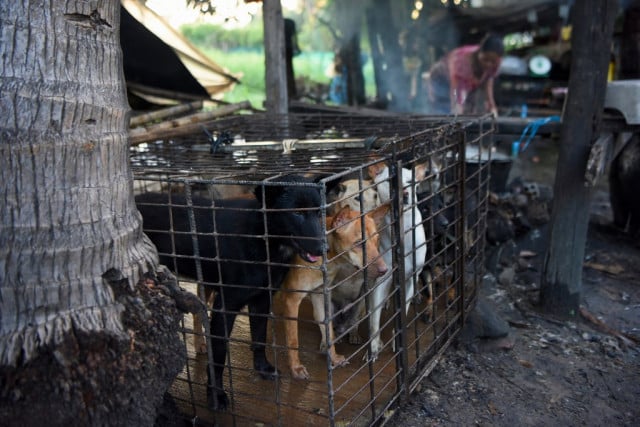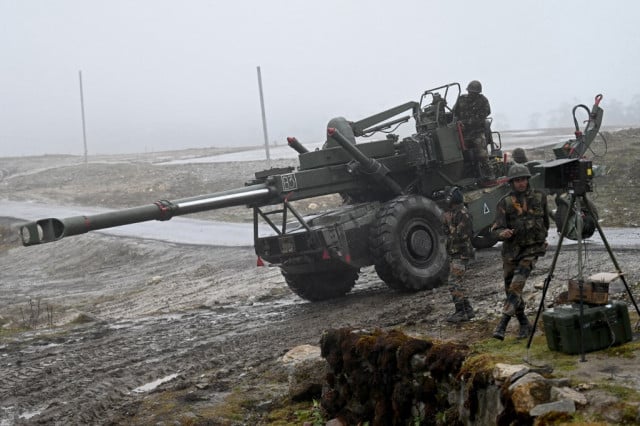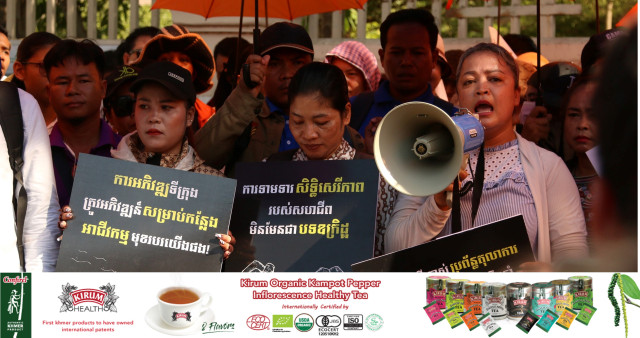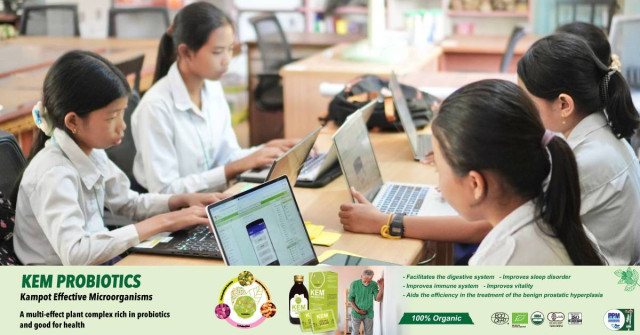Mobile Library to Share Knowledge on the Khmer Rouge Tribunal
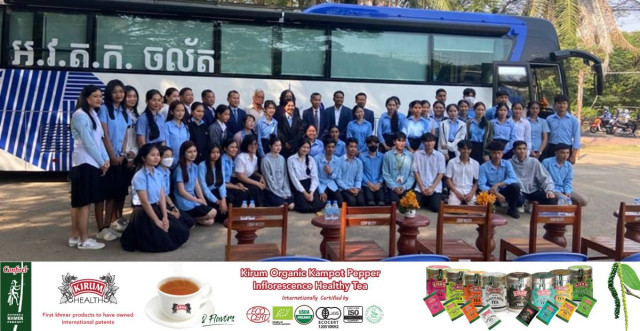
- By Phat Dane
- February 1, 2024 7:10 PM
PHNOM PENH — The mobile library of the Extraordinary Chambers in the Courts of Cambodia (ECCC) has started operation with the goal of informing the public and especially students throughout the country of the work of the Khmer Rouge tribunal, which operated for more than 16 years.
The mobile library will visit schools across Phnom Penh and the 25 provinces to share information and documents relating to the trials of the Khmer Rouge leaders.
Kranh Tony, reserve director and chief of the Court Management Section of the ECCC, said on Jan. 31 that the mobile library will first tour Phnom Penh, and stop at schools and universities so that the ECCC can connect with students to discuss the trial process and legacy with them.
“The mobile bus will travel to 25 provinces and will stop at all major locations such as schools, universities, towns, pagodas, markets and so on to have the ECCC meet Cambodians,” he said.
The mobile library is equipped with a meeting room with projector, lighting and air conditioning, a computer, a television screen, educational materials, and multimedia contents relating to the ECCC proceedings.
Chet Chealy, rector of the Royal University of Phnom Penh, said that the mobile library will make it easier for students to research and find documents on the Khmer Rouge trial process.
“All young people need to know information related to the Khmer Rouge to avoid repeating history and to study as a lesson,” he said.
Chealy added that the university is working with the ECCC to raise awareness among students and young people about the Khmer Rouge trial process over the past 16 years. He added that he expects this collaboration to provide additional benefits and knowledge for all students, and especially those studying history.
The ECCC also established a resource centre in 2023 which contains files related to trials’ judicial directives, over 11,000 hours of audio and video recordings, and more than 233,000 documents written in Khmer, English, and French.
The center also has on file 1,600 books and ECCC publications as well as e-resources including e-books, LexisNexis, access to the United Nations library, and more than 3,000 bibliographies and other materials.
Following long negotiations between the United Nations and the Cambodian government, the first staff members of the ECCC began work on Feb. 6, 2006.
A hybrid court established in accordance with Cambodian law, the court has sentenced senior leaders of the Khmer Rouge regime, formally known as Democratic Kampuchea, and those who were most responsible for the crimes and serious violations committed during the regime of 1975 to 1979 during which more than 2 millions people died in Cambodia.
Originally written in Khmer for ThmeyThmey, this article was translated by Nhor Sokhoeurn for Cambodianess.







